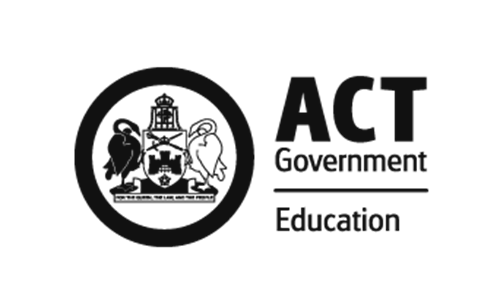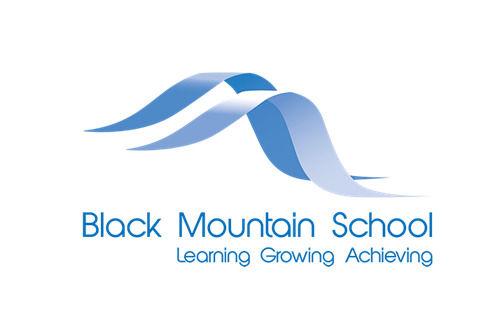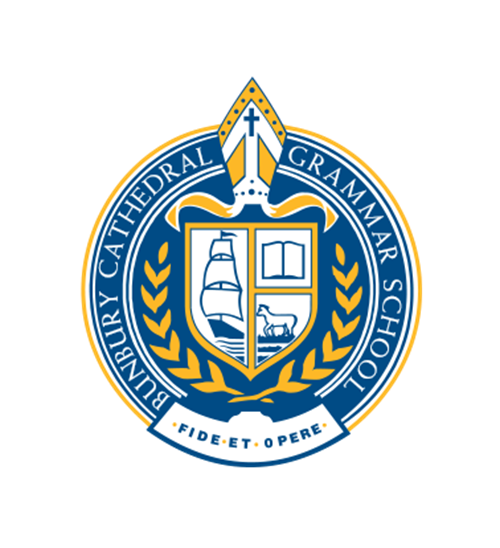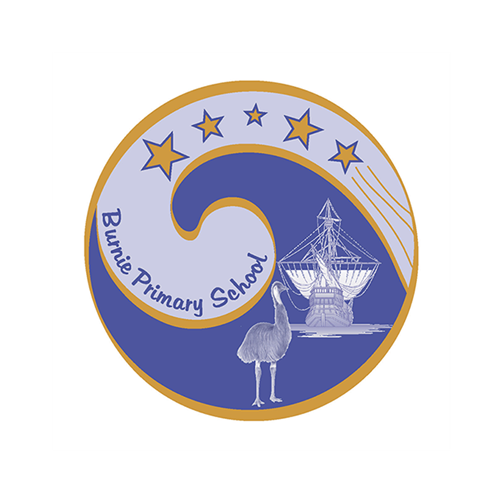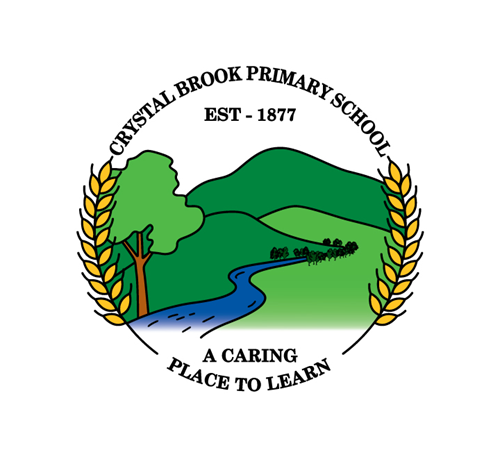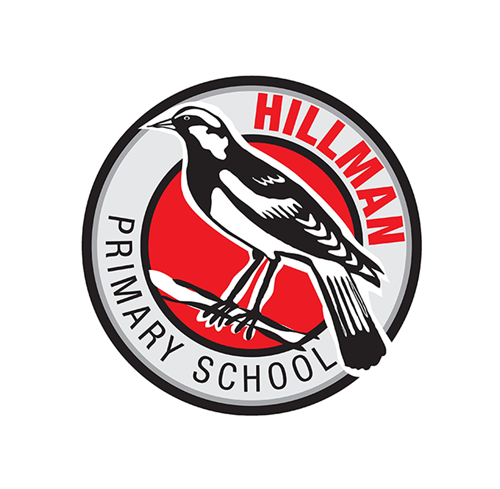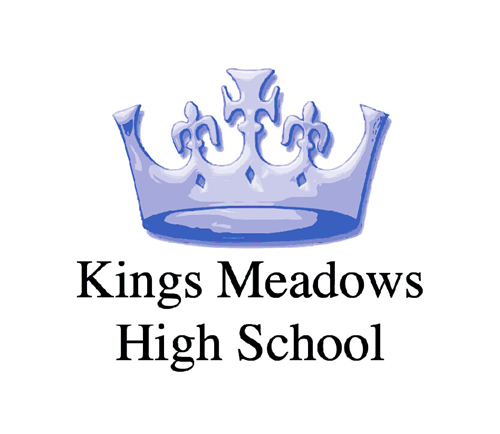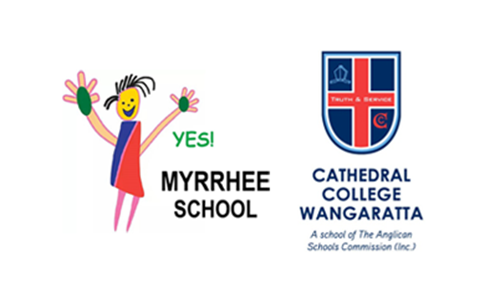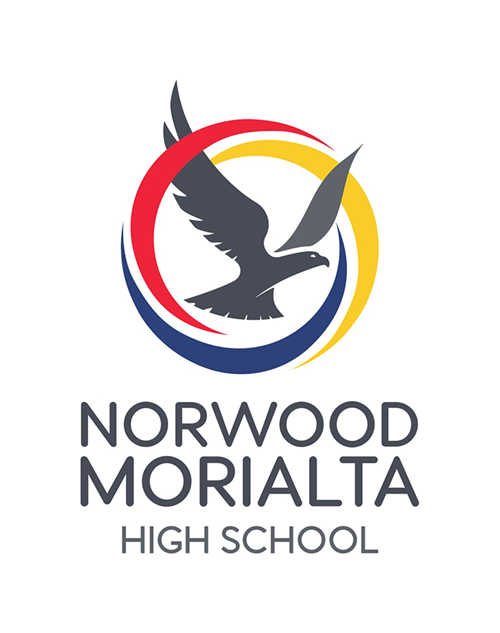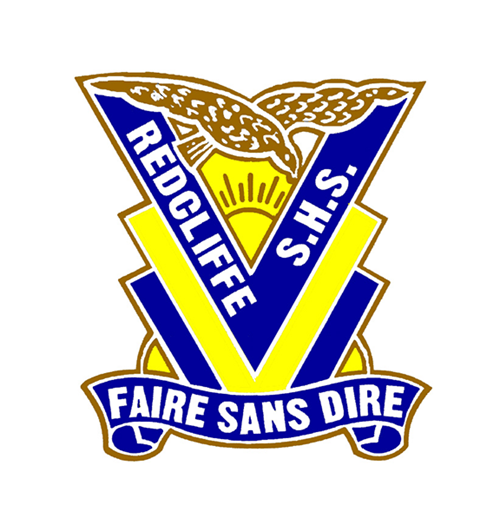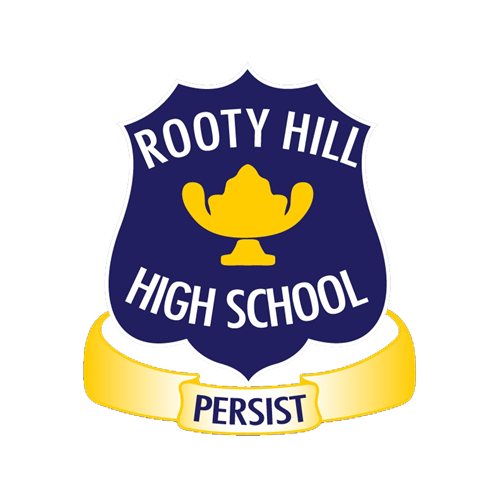Career education: a community approach
Participating schools provide a range of school-based learning experiences which incorporate key elements of the Personal and Social capability through the Australian Curriculum learning areas. The schools also provide opportunities for students to explore future learning with training bodies, such as TAFE and VET.
The Australian Curriculum: Work Studies Years 9–10 adapts discipline-based learning to work contexts. Work Studies aims to develop students’ knowledge of the world of work, the importance of lifelong learning, and the capacity to manage careers, change and transitions in an uncertain and changing future. At the Broome schools, Work Studies supports the development of elements of self-awareness and self-management in the Personal and Social capability.
In the illustration of practice:
Describe how the schools used the Australian Curriculum learning areas and general capabilities to develop a career education program.
Identify the schools’ approaches to the key objectives of Future Ready: A student focused National Career Education Strategy.
How did the schools identify and engage with a range of stakeholders in the development of their career education program?
In your school context:
Identify how a school-based career education program would benefit your students.
What aspects of the Australian Curriculum could be included in your school-based career education program?
What elements of the Future Ready: A student focused National Career Education Strategy would you include when developing your school-based career education program?
How would you identify and include appropriate community stakeholders when developing a school-based career education program?
 My Future
My Future Broome Senior High School
Broome Senior High School